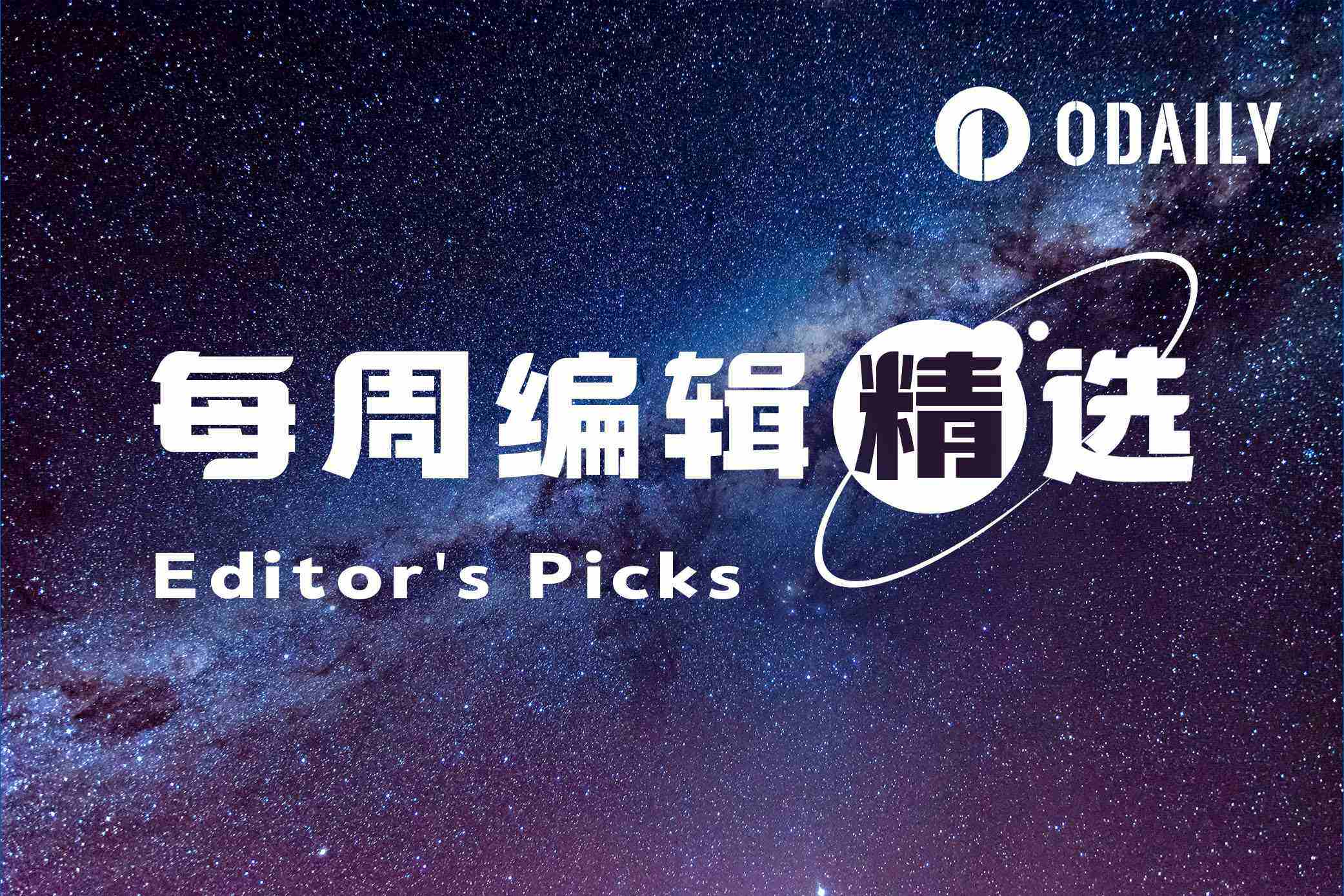调查:韩国虚拟资产服务提供商2021年净利润超过27亿美元
本文来自 Blockworks,原文作者:Sebastian Sinclair
Odaily星球日报译者 | 余顺遂
![]()
摘要:
截至 2021 年年底,受监管的韩国 VASP 促成价值超过 1.7 万亿美元的加密货币交易。
自 2017 年 FSC 禁止通过 ICO 筹集资金以来,韩国一直在缓慢建立其监管制度。
根据韩国主要金融监管机构相关部门的一项调查,韩国虚拟资产服务提供商(VASP)去年前三个季度从交易活动中获得了可观的净利润,总计超过 3.3 万亿韩元(约合 27.8 亿美元)。
3 月 2 日公布的这项调查是自去年根据修订后的《报告和使用特定金融交易信息法》要求 VASP 向韩国金融情报机构(KoFIU)注册以来的首次此类调查。
韩国金融情报机构认为,这项调查的目的是根据个体经营者提供的统计数据,更好地了解加密货币市场。
截至 2021 年 12 月底,共有 29 家虚拟资产服务提供商获得批准,其中包括 20 家纯代币交易所、5 个加密钱包和 4 家基于韩元的交易所。自那以后,新增两个钱包和两家纯代币交易所获得批准,使在韩国合法运营的虚拟资产服务提供商总数达到 33 个。
在这些交易所中,基于韩元的交易所在市场份额方面占据主导地位,其国内营业利润占 VASP 总营业利润的 99.3%,而纯代币交易所仅占 0.7%。监管机构表示,一些仅提供币币交易的交易所可能会由于缺乏竞争优势而进行业务重组。
韩国金融情报机构成立于 2001 年,是韩国金融服务委员会(FSC)旗下一个组织,其职责是监测和监管金融市场,并执行与反洗钱行为有关的政策。
调查显示,在 2021 年下半年,24 家虚拟资产交易所的交易总额高达 2073 万亿韩元(约合 1.7 万亿美元),平均每日交易金额为 11.3 万亿韩元(约合 94 亿美元)。
自 2017 年韩国金融服务委员会禁止通过 ICO 筹集资金以来,韩国的监管制度一直在缓慢建立中。尽管一些地方监管机构仍然认为,目前的法律尚不足以打击洗钱行为,尤其是在加密货币交易量开始赶上股票交易量的情况下。
KoFIU 表示,“尽管虚拟资产市场存在很高的洗钱风险,但目前反洗钱(AML)人员的比例(8%)不足,需要加以改善。”
根据支付提供商 Triple A 的数据,韩国在加密货币采用方面排名第 16 位,超过 190 万人拥有某种形式的加密资产,占其 5570 万总人口数的 3.79%。



